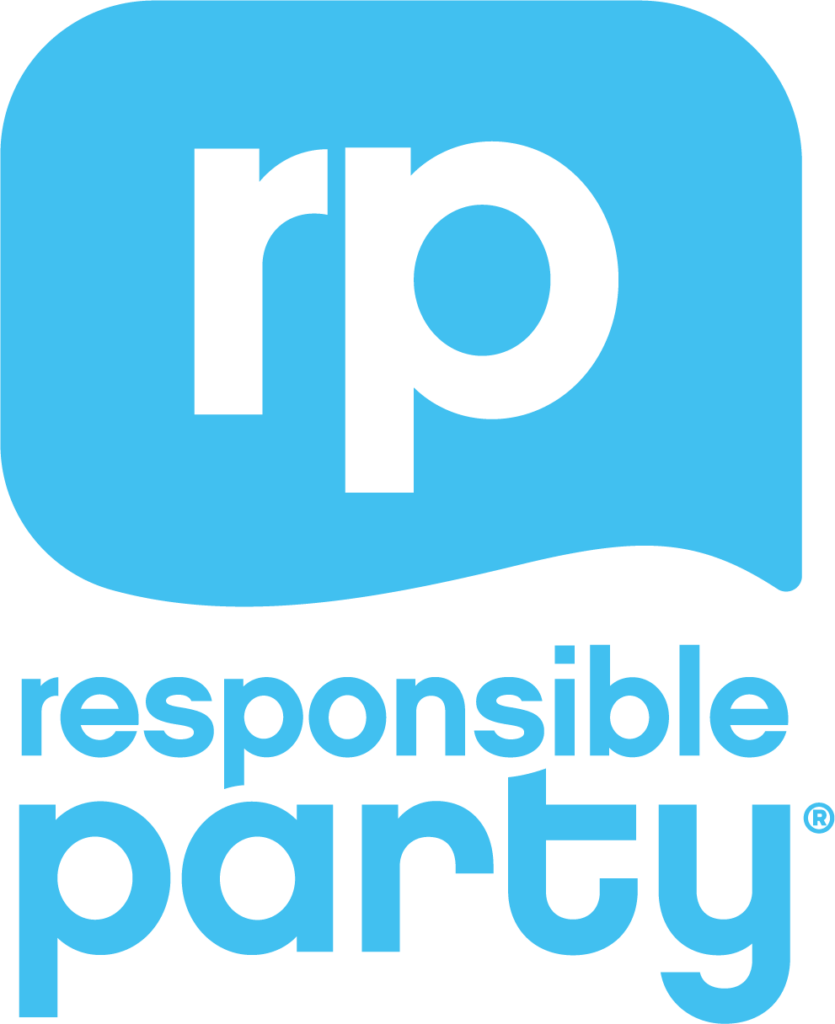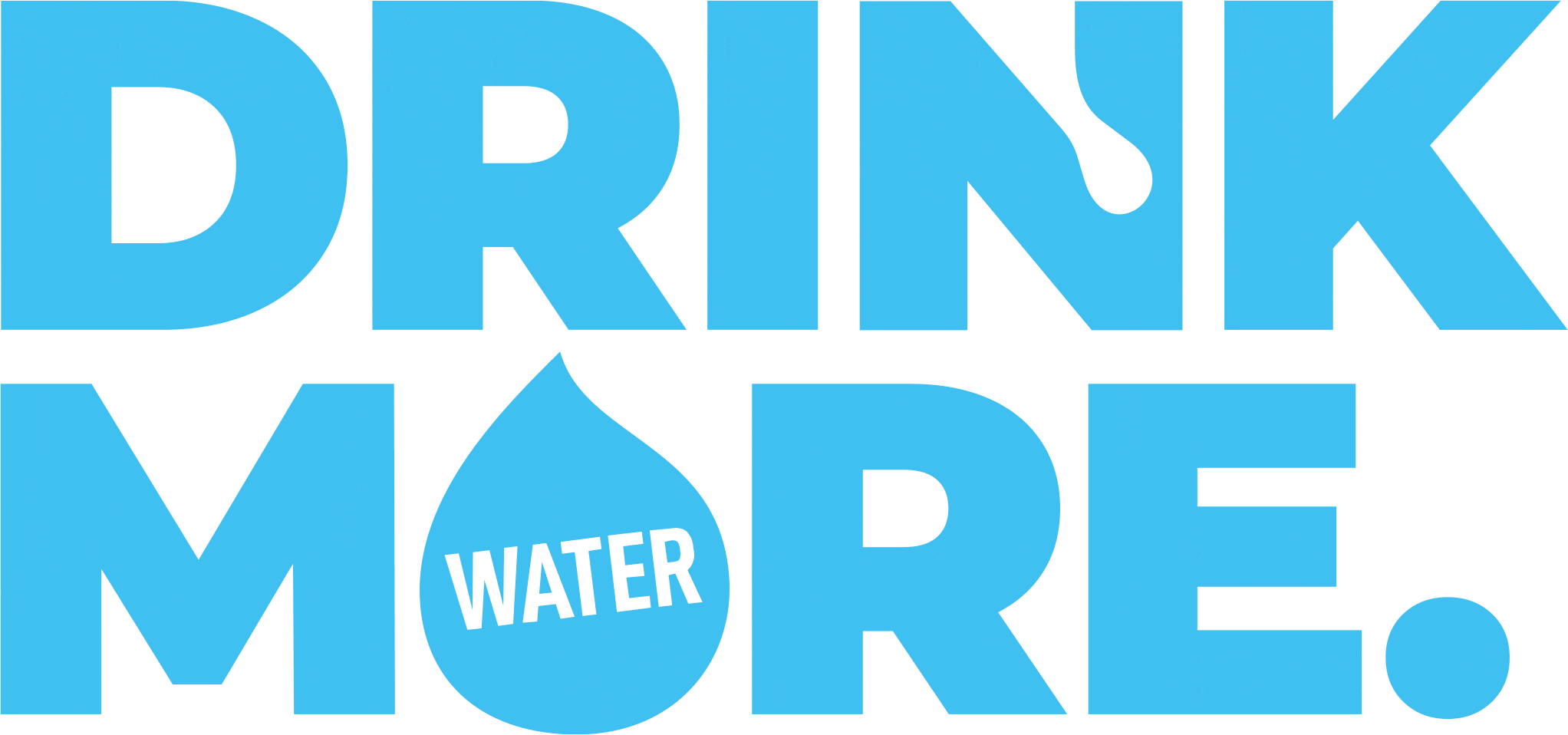
Key things
you should now
about alcohol
When shared in a fully responsible way, alcohol can be part of a lifestyle that includes good diet and exercise. On the other hand, excessive drinking can have harmful effects on your health. And we feel it is our mission to share as much as we can with you, so you’ll have a hundred reasons to stay responsible.
Common myths about alcohol
Dangerous drinking trend review

A variety of alcohol-related behaviors and phenomena have been identified. A given person can even have several such behaviors which may evolve over a lifetime. The consumption of alcoholic beverages is not always responsible, and different phenomena threaten the health of consumers.
In the following sections, check out a number
of dangerous drinking patterns and take the test
to see whether they apply to you as well.
Preloading
Preloading (also known as predrinking or pregaming) means drinking at a private residence before going out at night to socialize, to party, to attend events, or to go to any place where access to alcohol might be expensive, limited or prohibited.
Preloading is a popular practice that usually occurs before a night out.
It can result in entering a party already buzzed by consuming less expensive alcohol at home before leaving.
This practice does not come without risks. If you start drinking at your place, the monitoring of your consumption becomes more difficult and you might end up drinking more than expected. It represents a real risk for your health.
Also, if you arrive at the party already wasted, there are great chances that you might look ridiculous or — worse — be out of control. Isn’t it better to keep it classy and avoid the walk of shame?
Binge drinking
The sorts of things more likely to happen when people drink too much or too quickly on a single occasion include accidents resulting in injury, misjudging risky situations or losing self-control.
Two large glasses of wine may not seem like very much. But drinking six units of alcohol in a short space of time — an hour, say – will raise your blood alcohol concentration (BAC) and could make you drunk very quickly.
Drinking the same amount over several hours as well as eating food will have less effect on your blood alcohol concentration (BAC).
Your body can only process one unit of alcohol per hour.
Binge drinking is riskier than drinking normally.
Most of all, clinical studies have proven that it has non-reversible mid-term effects such as memory, cognitive or brain consequences.
Remember this and go easy on your body.
Though Binge Drinking is decreasing, it remains a concern around the world.
Drunkorexia
Pasta or pinot grigio? A healthy meal or a half pint?
These are the kinds of questions drunkorexics consider on party night. They’ll normally opt for the liquid option.
A drunkorexic is someone who skips meals so they can drink without putting on weight.
It mostly affects weight-conscious young men and women. They calculate how many calories are in the alcoholic drinks they can consume before having a few drinks.
While it’s good to be savvy about the calories in your favourite tipple — and you can use a unit and calorie calculator to do just that — don’t let it become an obsession that encourages you to skip meals.
Eating healthily before and during drinking is more the direction you want to be going in.
If you or one of your friends are eating less in order to be able to drink more, recognize that this is dangerous behavior and it is important to get medical advice. In case of doubts or questions, it is advisable to see a doctor.
Simply put, for the calorie-conscious, it makes sense to cut back on alcohol rather than food.
Alcohol dependence
For some people, alcohol can be part of many occasions but it can be addictive, both physically and psychologically.
Alcohol dependence is a serious form of problem drinking, and refers to a strong, often uncontrollable, desire to drink. It can be tricky to spot the signs of alcohol dependence as alcoholics can be secretive about it and can become angry if confronted.
There are varying degrees of alcohol dependence and they don’t always involve excessive levels of drinking.
If you find that you “need” to share a bottle of wine with your friends most nights of the week,
If you always go for a few pints after work, just to unwind,
If you find it very difficult to enjoy yourself or relax without having a drink,
You’re likely to be drinking at a level that may have made you psychologically dependent on alcohol, and that could affect your long-term health.
Physical dependence can follow too; that is, your body shows withdrawal symptoms, such as sweating, shaking and nausea, when your blood alcohol level falls.
If someone close to you is displaying signs of alcohol addiction, talk honestly with them about their drinking, and try to persuade them to see a doctor. It can be very difficult for alcoholics to admit they have a problem but being supportive, open and non-judgmental can make them feel safe.
To get more info and learn how to identify Alcohol Use Disorders, click here to check the Alcohol Use Disorders Identification Test (AUDIT) or apply the test CAGE Questions for Alcohol Use
This list is not exhaustive and focuses on phenomena frequently observed at young adults’ parties.
To get more info, learn how to identify alcohol use disorders and take the Alcohol Use Disorders Identification Test AUDIT.
1 flute
of champagne
(10 cl of 12°)
1 glass of Scotch Whiskey
(3 cl of 40°)
1 half pint
of Beer
(25 cl of 5°)
1 glass
of wine
(10 cl of 12°)
1 tall
mixed drink
(3 cl of 40°)
What is important is the amount of pure alcohol (ABV)
in a drink and the serving size
Alcohol and health
Getting drunk can affect your physical and mental health.
Accidents and falls are common because being drunk affects your balance and co-ordination. In extreme cases, you could die. Overdosing on alcohol can impede your breathing or stop your heart, or you could choke on your vomit.
Binge drinking can affect your mood and your memory and, in the longer term, can lead to serious mental health problems.
According to an UCL study, binge drinkers statistically have lower academic results: regular and intensive alcohol consumption impacts memory and attention.
Drinking too much alcohol threatens the very system designed to protect you.
The following content reports consequences that are mostly related to severe alcohol use disorders.
Long-term and heavy drinking is linked with: cardiomyopathy, high blood pressure and stroke.
Binge drinking can cause acute cardiovascular effects such as heartbeat irregularities, leading to shortness of breath and chest pain.
When you drink alcohol, it increases the acid in your stomach. This can irritate your stomach lining, which may cause pain, vomiting or diarrhea. Drinking can interfere with your body’s ability to digest food and absorb vital nutrients. For chronic drinkers, this can contribute to malnutrition and the development of some alcohol-related diseases. Alcohol also produces gases in your stomach, causing bloating and cramping. Long-term use of alcohol is associated with higher rates of peptic ulcers in the lining of your stomach. It can also lead to gastritis, causing loss of appetite, nausea and stomach pain. Even a single episode of heavy drinking can cause the lining of your stomach to become inflamed and bleed.
For you to stay healthy, your immune system must stay strong. Drinking too much alcohol threatens the very system designed to protect you. Excess alcohol causes a change in the immune system by altering the cells and molecules in the body. This change slows your ability to ward off infections — for up to 24 hours after getting drunk. Alcohol misuse increases the chance of contracting diseases like pneumonia and tuberculosis. Changes in liver function resulting from chronic drinking can even make the immune system turn against the body’s own tissues.
Cancer is a complex disease with many factors coming into play. Excessive alcohol consumption can increase the risk of developing some types of cancers, especially breast, colorectal, mouth, throat and stomach cancers. According to some studies, even low to moderate alcohol consumption can increase the risk of breast cancer.
Regular heavy drinking can stop your liver from doing its vital work. Drinking heavily or excessively can cause Alcoholic Hepatitis (inflamed liver), which may result in liver failure and death. Continued misuse of alcohol can cause permanent damage and scarring (cirrhosis of the liver). Women are generally more susceptible to liver damage than men. If you have an underlying medical condition (such as Hepatitis B or C, or the genetic disorder hemochromatosis), consuming alcohol can increase your risk of developing cirrhosis of the liver.
Drinking alcohol can affect the kidney’s ability to filter blood, meaning that the balance of electrolytes and water in the body is upset. What’s more, because alcohol depresses the nervous system, it can decrease a person’s breathing if they consume too much, leading to a buildup of acid in the blood. Long-term misuse can cause cell damage and enlargement of the kidneys and may affect the hormones that control kidney function. Complications are even greater if alcohol misuse leads to liver damage.
Alcohol overconsumption can trigger symptoms of irritable bowel syndrome (IBS). Research has shown that even moderate drinking can potentially lead to bacterial overgrowth in your small intestine which may cause bloating, gas, abdominal pain, constipation and diarrhea. People who suffer from a wheat intolerance should avoid beer, since it is often brewed with wheat. Chronic alcohol use causes changes in the structure and function of the small intestine, disrupting its ability to digest.
If you drink continuously and excessively, you could develop alcohol pancreatitis. Up to 10% of continuous heavy drinkers develop pancreatitis. If you stop or reduce your drinking, an inflamed pancreas can improve; however, it can become an irreversible condition.
* Source: e-cancer.fr / CIRC (International Center of Research about Cancer)
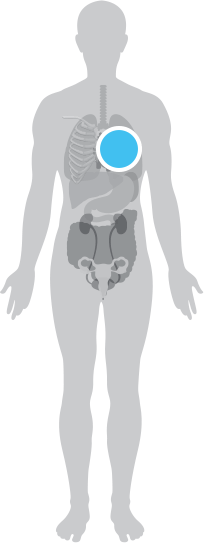
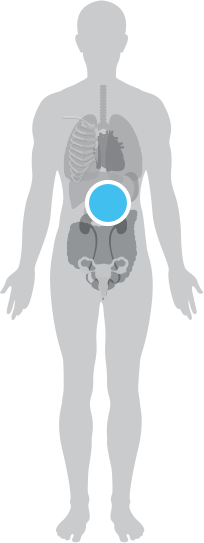
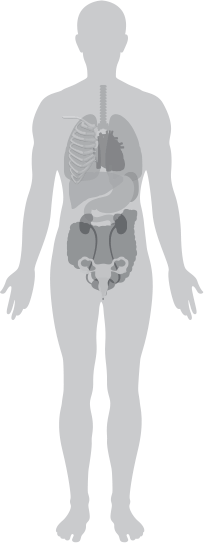

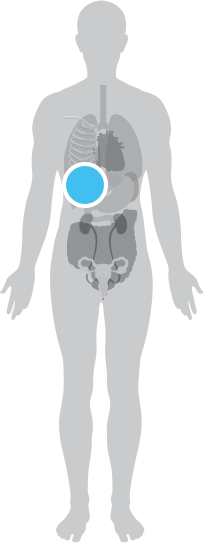
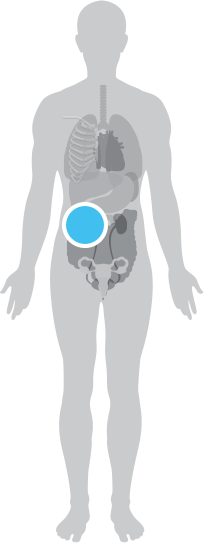
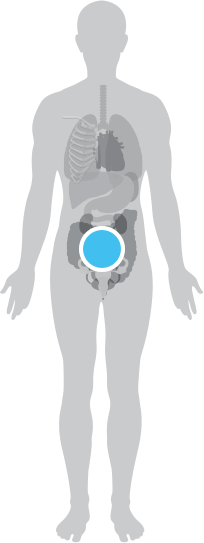
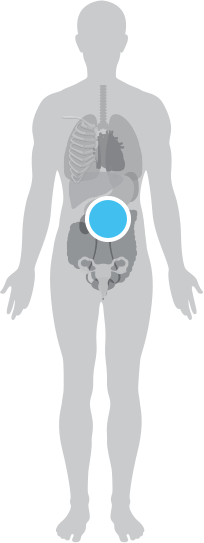
Bad news ! Drinking alcohol in excess can make having sex difficult...
Many people mistakenly believe that alcohol is an aphrodisiac. Bad news! Drinking alcohol in excess
can make having good sex difficult and affects the key parts of our body’s reproductive system.
You may feel like drinking increases your sex drive, but in reality drinking alcohol can decrease your performance, as it affects your hypophysis (or pituitary gland) and the hypothalamus area of the brain. Drinking in excess can also affect your ability to conceive or have children and also has an impact on women’s menstrual cycle and ovulation.
However, over time too much alcohol can actually put a damper on your sex drive. You don’t need a scientist to know that erections are much more difficult when you’ve been binge drinking! Orgasm as well becomes more difficult to achieve, movements become slow and uncoordinated and your breath might smell bad, very bad.
There is also such a thing as being too drunk to consent.
Are you sure that drinking in excess is still helping you make pickups? Stick to the limits and enjoy your party.
2 gin and tonics equals around one burger!
We’ll say it fast to be kind, but alcohol is fattening. In fact, a pint of 4% beer or 2 gin and tonics equals around one burger!
Alcohol has calories but it also lowers your blood sugar, making you feel hungry and causing you to drink and eat more than usual.
Someone drinking five pints of lager a week (the equivalent of 260 pints a year) consumes the same amount of calories as someone who gets through 266 burgers in a year.
With seven calories per gram, there are almost as many calories in alcohol as in pure fat. That means on a heavy night out drinking beer or cider, you could be consuming almost your whole day’s healthy calorie intake (2,500 for men) just in alcohol. And that’s not even including the chips, takeaway pizza and hangover fry-up the next day. Even regularly having three or four pints after work or sharing a bottle of wine over dinner is enough to make an impact on your waistline over time.
You can undo the good you do by exercising. To burn off the 180 calories you’d find in an average pint of lager (4% ABV), a typical man would have to spend: 13 minutes running on the treadmill or playing football, 15 minutes cycling or 20 minutes swimming.
Avoid the calories by trying some alcohol-free nights out!
Check alcohol units and calories with the ALCOHOL UNITS CALCULATOR
Alcohol in excess interferes with the normal sleep process.
Together with good nutrition and exercise, sleep is a key component of good health.
Alcohol in excess interferes with the normal sleep process, making you feel much less rested than you normally would. Lack of sleep causes fatigue, poor concentration & memory, mood disturbances, impaired judgment & reaction time, and poor physical coordination.
While drinking alcohol before bedtime may help you fall asleep, it can also reduce and change the sleep stages necessary for good health. Typically, you have six to seven cycles of sleep during the night, leaving you feeling refreshed. If you’ve been drinking, you’ll most likely have only one or two cycles so you tend to wake up feeling exhausted.
Alcohol is a diuretic so it encourages the body to lose extra fluid. For this reason, you may have to get up during the night to go to the toilet or find yourself sweating a lot. Dehydration is also the first cause of headache!
Better drink water during and after your parties in order to avoid dehydration and headache. You will feel much better the day after.
Last but not least, drinking can make you snore loudly. It relaxes the muscles in your body including the tissue in your throat, mouth and nose, preventing air from flowing smoothly and causing you to snore. Sexy, isn’t it?
Damn, don’t you feel better when you’re at your top?
This is a fact : excessive drinking reduces your energy levels.
Everyone who aims to become a great athlete should read the following.
When exercising, you need to be hydrated to maintain blood flow through your body to circulate oxygen and nutrients to your muscles. And drinking too much alcohol can lead to dehydration.
This is a fact: excessive drinking reduces your energy levels. Alcohol interferes with energy production in the body. While alcohol is being processed, the liver can’t produce as much glucose, which means lower levels of blood sugar and lower energy levels.
Excessive drinking also impairs muscle growth and slows muscle repair & recovery. Too much alcohol reduces protein synthesis (cells generating new protein), which reduces muscle growth. Also, a good night’s sleep is essential for building bigger and stronger muscles. Because alcohol negatively affects your sleep pattern, your body is deprived of human growth hormone (HGH), a chemical essential in building and repairing muscles.
Excessive drinking also increases sensitivity to stimuli: if you’ve been drinking the night before you exercise, you may find you’re overly sensitive to light and sound.
You’re motivated and willing to take care of your body and your health — this is a good start! Make sure you’re aligned with your goal and drink reasonably.
If you’re still wondering if you can mix alcohol and drugs without any risks, the answer is very simple: NO.
Do we really need to remind you that mixing alcohol and drugs can be really dangerous?
This is not something new: when drinking alcohol, you must avoid drugs. Generally, when you mix drugs with alcohol, their effect is heightened in some way, which can result in anything from nausea to heart failure. The best advice is to completely steer clear of illegal/recreational drugs, especially with alcohol.
What really happens in the body?
Alcohol is a depressant. Combine it with a stimulant, such as cocaine, and the two drugs compete with each other. The depressant drug tries to slow the brain/central nervous system down, while the stimulant tries to speed it up — putting your brain/central nervous system under great pressure. Combine alcohol with another depressant drug, heroin for example, and the effect they each have of slowing your central nervous system will be multiplied, and your body risks shutting down altogether.
If you’re under the influence of drugs, you’re less likely to make considered decisions about how much alcohol you drink. So you also put yourself at risk of alcohol poisoning and longer-term health effects of alcohol such as heart disease and cancer.
If you’re still wondering if you can mix alcohol and drugs without any risks, the answer is quite simply NO.
A drink impacts your brain activity and depress the part of the brain associated with inhibition.
Alcohol is clearly not your brain’s best friend.
Drinking alcohol interferes with the brain’s communication pathways and its control over your body. It can change your mood and behavior, and make it harder to think clearly and to move.
Even after only one or two drinks, a person may have slower reaction time, slurred speech, loss of balance and coordination, blurred vision and memory problems. (Generally, these symptoms should stop after alcohol metabolization.)
Excessive drinking can affect your academic results, impacting memory and attention as well as marks (a UCL study* demonstrates that binge drinkers have lower marks). It can also lower your inhibitions as alcohol depresses the cerebral cortex of the brain, making the person less inhibited. It slows down the processing of information from the eyes, ears, mouth and other senses and inhibits thought processes, making it difficult to think clearly.
Excessive drinking can make you clumsy and sleepy. Alcohol affects the brain’s cerebellum, which controls movement and balance, meaning drinking makes it hard to move and stay upright. It depresses your consciousness, lowers your body temperature and decreases your breathing.
This is not exactly the best way to stay in good shape!
The relaxed feeling you can get when you have that first drink is due to the chemical changes alcohol has caused in your brain.
Our brains rely on a delicate balance of chemicals and processes. Alcohol is a depressant, which means it can disrupt that balance, affecting our thoughts, feelings and actions — and sometimes our long-term mental health. This is partly down to “neurotransmitters,” chemicals that help to transmit signals from one nerve (or neuron) in the brain to another.
For many of us, a drink can help us feel more confident and less anxious. That’s because it’s starting to depress the part of the brain we associate with inhibition.
But, as you drink more, more of the brain starts to be affected. It doesn’t matter what mood you’re in to start with: when high levels of alcohol are involved, instead of pleasurable effects increasing, it’s possible that a negative emotional response will take over.
Alcohol can be linked to aggression. You could become angry, aggressive, anxious or depressed. For some people, alcohol can be part of many occasions but like many drugs, it’s addictive, both physically and psychologically.
There are varying degrees of alcohol dependence and they don’t always involve excessive levels of drinking. If you find that you “need” to share a bottle of wine with your partner most nights of the week, or always go for a few pints after work, just to unwind, you’re likely to be drinking at a level that could affect your long-term health.
You could also be becoming dependent on alcohol. If you find it very difficult to enjoy yourself or relax without having a drink, you could have become psychologically dependent on alcohol. Physical dependence can follow too — that is, your body shows withdrawal symptoms, such as sweating, shaking and nausea, when your blood alcohol level falls.
Let’s say that the best advice we can give you is to stay reasonable to preserve yourself and enjoy your party in a memorable way.
*Source: Maurage P, Pesenti M, Philippot P, Joassin F, Campanella S. Latent deleterious effects of binge drinking over a short period of time revealed only by electrophysiological measures. J Psychiatry Neurosci. 2009 Mar;34(2):111-8. PMID: 19270761; PMCID: PMC2647570
